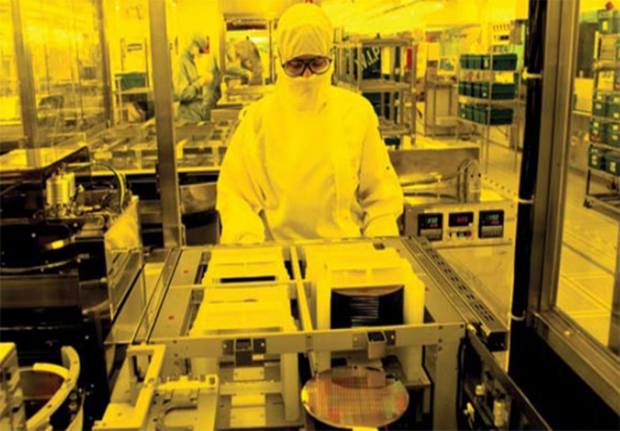The outfit wants to move away from heavy dependence on conventional memory chips, which have been commoditised because of massive capacity expansion by Chinese manufacturers. Samsung reasons that forming strategic partnerships with Chinese companies focusing on logic chips might be a way forward.
The Korea Times said that it was no surprise that Samsung Electronics wants to form these sorts of partnerships. The Chinese market is valued at $150 billion to $170 billion for semiconductor chips annually, accounting for more than 40 to 50 percent of the world's total chip consumption.
But the scale of Samsung's chip business in China has not been that big compared with its rivals. China accounted for 15 percent of the total sales that Samsung generated last year, the lowest portion among the "top 9" list.
Broadcom earned 60 percent of its sales last year from China, followed by Qualcomm, NXP, Texas Instruments and Micron Technology with 53 percent, 51 percent, 45 percent and 41 percent, respectively. China accounted for 24 percent of the total sales SK hynix in 2015.
Samsung does seem to think that China's support for joint projects will allow Samsung Electronics and SK hynix to gain better access to the Chinese market, but strategic partnerships mean increased opportunities to raise the business. If Samsung ties up with Chinese companies for logic chips, then it could significantly boost its share in China with a diversified portfolio, an unnamed Samsung official said.
Bernstein Research said it believes that GlobalFoundries Samsung Electronics' business partner in logic chips is "discussing with China," because the firm has nothing to lose in the Chinese market.
Samsung competes with TSMC for logic chips. TSMC is building advanced fabrication lines in the Chinese city of Nanjing. Samsung Electronics has been consistent in converting lines to logic chips to expand the output of mobile processors. But its global share in the logic-chip business was fourth last year.
Samsung is the biggest foreign investor in China. It runs a massive memory chip fabrication line in Wuxi, while the company makes logic chips at its plants in Korea and Austin, Texas.




